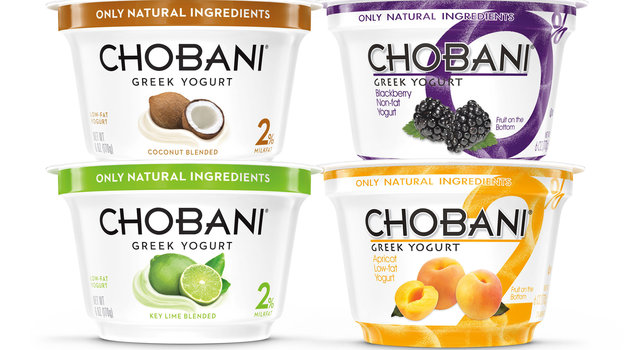
Post by Bill Chappell, The Two-Way at NPR Food News (9/7/13)
After concerns over its product led the Chobani Greek yogurt company to issue a voluntary recall of some packages earlier this week, the New York-based foodmaker now says the mold that was identified as the culprit is not dangerous.
"Through extensive testing and expert consultation, we now know that the mold found in the products we voluntarily recalled this week is a species called Mucor circinelloides," the company says. "Mucor circinelloides is not considered a foodborne pathogen."
A week ago, Chobani said that it was investigating its production chain after reports of packages swelling or bloating. Customers' claims of illness led the company to escalate its response on Thursday, when it announced, "To be extra cautious, we have moved from a voluntary withdrawal to a voluntary recall."
At the time of the recall, Chobani said it had successfully pulled more than 95 percent of the products in question. They were made at the company's new facility in Twin Falls, Idaho, which opened last December.